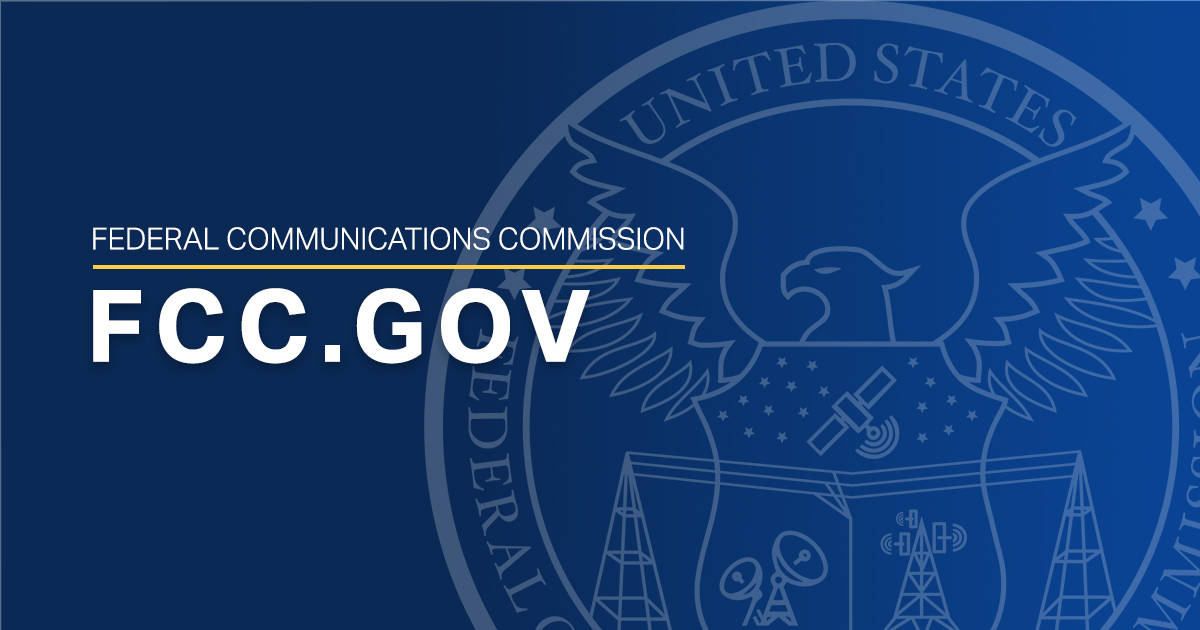I believe I called them private industry. Poor Trumpybear, he has no 1st amendment rights to post his lies on any private platform.Facebook, Twitter and YouTube are not the press lolClearly the 1st amendment prohibits the government from censoring the private press. It does not compel private industry to print the copious lies of a few lunatics, no matter how powerful they are.
An interactive press is something the founders could not have imagined.
But we want this to goto court...
First Witness for the defence "Mr Donald Trump"... Now they can bring up every statement he said on Twitter or Facebook... This would be a long one...
The only way for him to get off the stand is to admit he lied or drop... Also you ca only file charges against these companies in California, terms of the contract signed in the user agreement..

